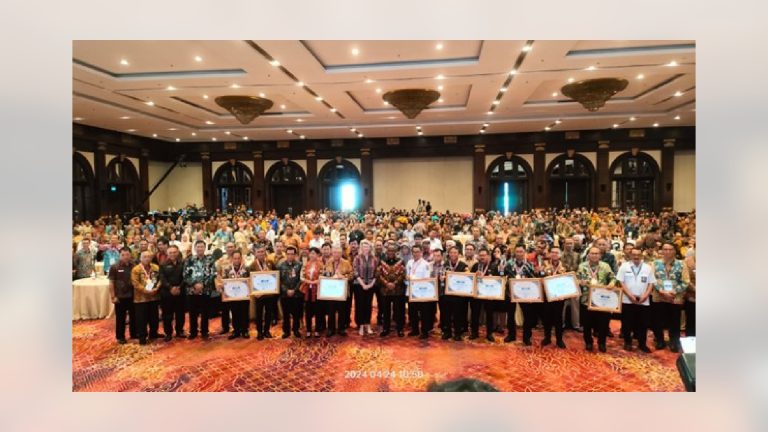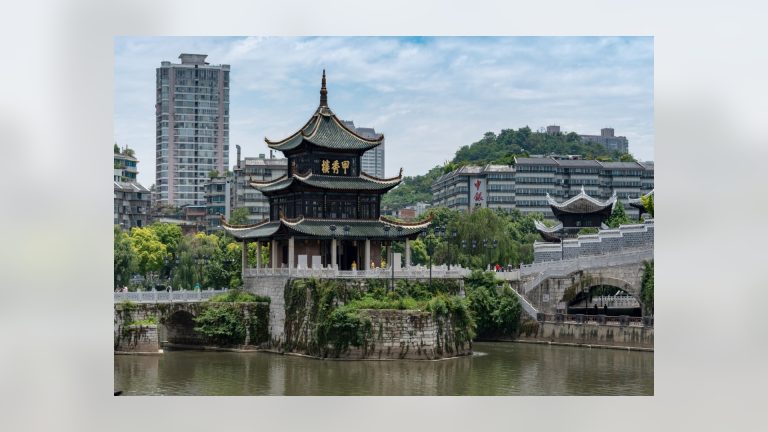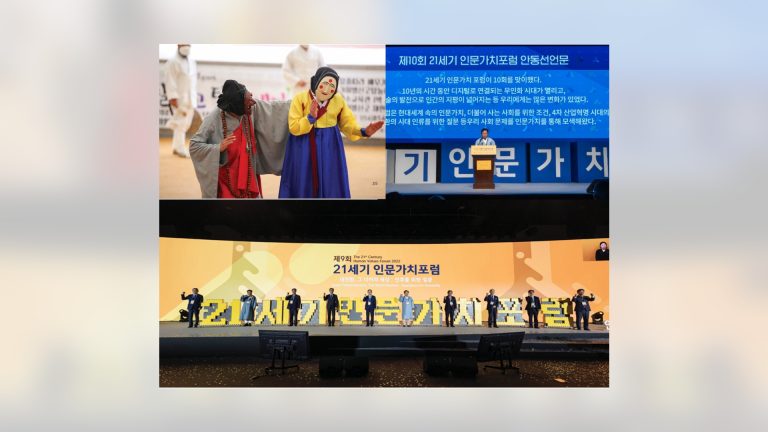The climate change crisis has proven to be a challenge for local governments around the world, particularly as all aspects of development was halted by the COVID-19 pandemic that shook cities to the core for a year. However, opportunities to build back better have risen even in the midst of uncertainties, now that many cities are moving towards recovery and means of virtual technology are making it easier for local governments to convene and conduct fruitful discussions as well as knowledge sharing activities regarding climate change and other aspects of development.
In line with the 26th UN Climate Change Conference of the Parties (COP), or COP26 this November, conversations and commitment of world leaders are now even more amplified. This is beneficial to not only further increase awareness and capacity of city governments in implementing their climate action plans, but to foster collaboration and partnerships. An example is the Innovate4Cities Conference, a virtual global and regional event which was held on 11th to 15th October 2021, jointly-organised by UN-Habitat and the Global Covenant of Mayors for Climate & Energy (GCoM).
The conference aims to bridge aspects of science, innovation, policy and practice towards a common objective: enabling cities to take accelerated and more ambitious climate action with Global Research and Action Agenda as the conference’s key theme. Therefore, discussions revolved around climate justice, innovative solutions and approaches to climate action, green strategies, climate resilience, and climate action’s overall connection with post-pandemic recovery.
During the 5-day event, Innovate4Cities welcomed local governments, representatives from research institutions and also scientists together to raise their voices, present on-the-ground regional case studies and solutions, leading research, innovation and practices. It is called the Regional Curator Mayoral Reception and on 14th October at 12:00 PM (GMT+7), it was time for the region of Southeast Asia to engage the audience of how climate science and action have been prioritised, the efforts and challenges pertaining to the development plans of local governments in the region to tackle climate change. Topics such as nature-based solutions were strongly highlighted during this session, which also included a virtual visit to two nature-based edible gardens in Singapore’s urban setting such as at a public park and in an industrial factory.
The Southeast Asia Mayoral Reception session also invited Ms. Nuraini Roslan as Mayor of Subang Jaya, Malaysia. Mayor Roslan began by highlighting the urgency to limit global warming under 1.5 degrees is one of the main climate action agenda of local governments in the region, which comprises many urbanised cities. That fact alone has exposed Southeast Asian urban cities to the dangers of climate change because of specific geographical characteristics and being in such close proximity to nature.
“Southeast Asia is one of the most dynamic, fast growing regions in the world, but with long coastlines, dense population, reliance on agriculture in providing livelihood, and dependence on natural resources to drive development, it (SEA) is highly vulnerable to the impacts of climate change,” she said. Furthermore, people in urban areas of SEA are also residing in infrastructure, with social-economic assets that will need to adapt to climate change.
However, it does not mean that local governments aren’t taking active measures in contributing to climate action. “Cities, as a place of innovation and efficiency, are investing to reduce emissions, be it in sustainable transport, energy efficient buildings, waste management and even access to clean water,”she said. To that she strongly advocated that good local governance, planning and managing of cities in SEA have the potential to curb, reverse climate change and ultimately build resilience.
Therefore, in the spirit of good governance, Mayor Roslan continued by explaining how cities could utilize Voluntary Local Reviews or VLRs, in which Subang Jaya is participating to guide cities in fostering and capturing strategies, plans and actions to its achievement of localising the SDGs with Climate Action being one of the goals.
“At home, using the Voluntary Review, Subang Jaya presents the outcome of our commitment to the global agenda, to ruling out plans of meeting the targets of SDGs, including SDG 13 on Climate Action,”she said.
Mayor Roslan also added that Subang Jaya is a city no stranger to natural disasters and we find that smart disaster management and green city action plans, leveraging on current technologies. “That way, with the availability of smart technologies, citizens are able to receive real time updates on upcoming disasters, thus increasing a city’s success in saving lives and reducing fatalities,”she added.
Nevertheless, climate action needs collaboration to succeed. So, Mayor Nuraini Roslan embraced the opportunities that knowledge sharing events or platforms like Innovate4Cities could catalyse partnerships and engagement for active, sustainable climate change action.
Edited by KM Team











